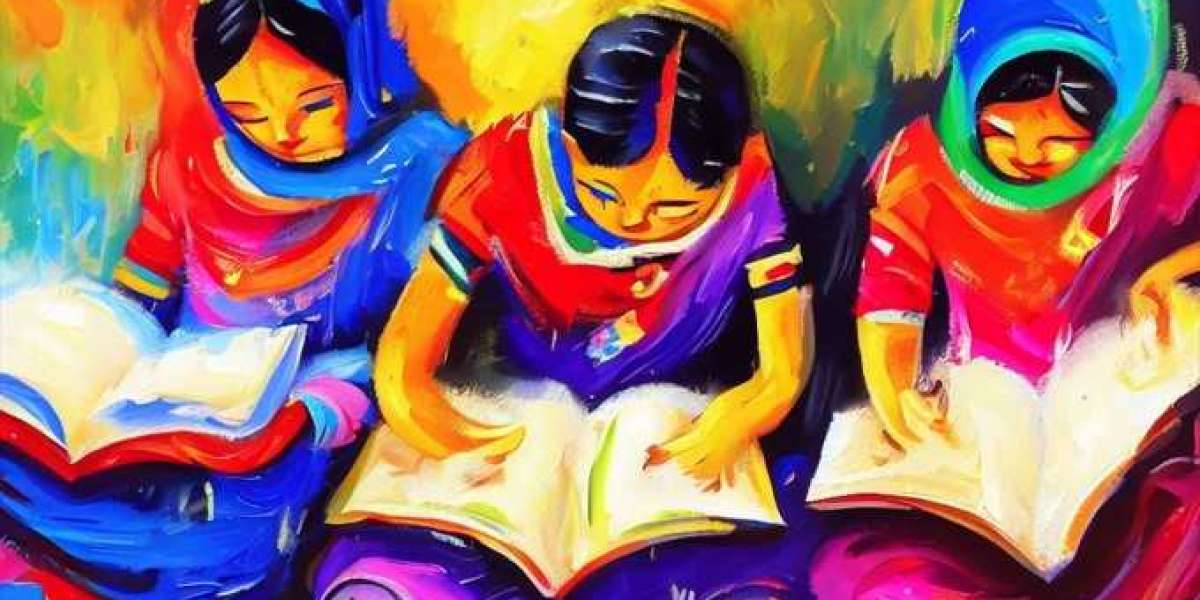Introduction
In a world marked by rapid technological advancements, political turmoil, and social unrest, dystopian fiction has emerged as a powerful mirror reflecting the fears and anxieties of contemporary society. Dystopian literature, characterized by its portrayal of nightmarish worlds and oppressive regimes, has long been a lens through which authors critique and challenge the status quo. This article explores the relevance of dystopian fiction in today's society, highlighting its capacity to provoke critical thinking, spark social awareness, and even inspire action. Additionally, we will delve into the importance of children's book writing services in fostering a future generation of thoughtful readers and writers.
Dystopian Fiction: A Historical Perspective
Dystopian fiction is not a recent phenomenon. Its roots can be traced back to works like George Orwell's "1984" and Aldous Huxley's "Brave New World," both written in the early 20th century. These authors crafted dystopian worlds to address the concerns of their times, such as totalitarianism and the dehumanizing effects of industrialization.
Contemporary Relevance
Technological Surveillance and Privacy
In today's society, concerns about surveillance and privacy have reached unprecedented levels. Works like Dave Eggers' "The Circle" and Cory Doctorow's "Little Brother" explore the implications of a hyperconnected world where personal data is constantly monitored. Dystopian fiction serves as a cautionary tale, urging us to contemplate the consequences of trading privacy for convenience.
Climate Change and Environmental Decay
As climate change accelerates and environmental degradation worsens, dystopian novels like Margaret Atwood's "Oryx and Crake" and Octavia Butler's "Parable of the Sower" offer glimpses into grim ecological futures. These stories compel us to confront the urgency of addressing environmental issues before it's too late.
Political Instability and Authoritarianism
The rise of populist leaders and the erosion of democratic norms have fueled concerns about the fragility of democratic institutions. Dystopian fiction, exemplified by Suzanne Collins' "The Hunger Games" and Veronica Roth's "Divergent," explores the consequences of authoritarian rule and the power of resistance.
The Power of Reflection
Dystopian literature serves as a powerful tool for self-reflection and societal examination. By immersing readers in nightmarish worlds, these books encourage us to question the status quo, challenge oppressive systems, and envision alternative futures. They ask the essential question: What kind of society do we want to create?
Children's Book Writing Services: Shaping Future Minds
As we reflect on dystopian fiction's role in critiquing contemporary society, we must also consider the importance of nurturing a new generation of readers and writers. This is where children's book writing services come into play.
Fostering Imagination
Children's book writing services provide a platform for authors to create engaging and thought-provoking stories for young readers. These stories stimulate children's imaginations and instill a love for reading from an early age. Through captivating narratives, children can explore different worlds and perspectives, fostering empathy and open-mindedness.
Promoting Critical Thinking
Dystopian fiction often challenges readers to think critically about complex issues. Children's books can achieve a similar goal by presenting age-appropriate narratives that encourage critical thinking and problem-solving. By exposing children to diverse characters and situations, these books teach them to question, analyze, and form their own opinions.
Addressing Social Issues
Just as dystopian fiction addresses pressing social issues, children's books can also play a role in introducing young readers to important topics like diversity, inclusion, and environmental stewardship. By crafting stories that resonate with children, authors can inspire them to become active, compassionate, and socially aware individuals.
Conclusion
Dystopian fiction remains a vital genre for reflecting on today's society and envisioning potential futures. As we navigate a world filled with technological advancements, environmental challenges, and political complexities, these stories offer a valuable lens through which we can examine our collective fears and aspirations.
Simultaneously, the significance of children's book writing service cannot be overstated. By nurturing young minds and promoting a love for reading and critical thinking, these services help shape a generation capable of addressing the challenges that dystopian literature warns us about. Together, dystopian fiction and children's books contribute to a society that is better equipped to face its present and future with wisdom and resilience.



